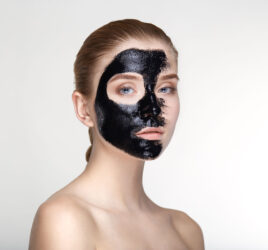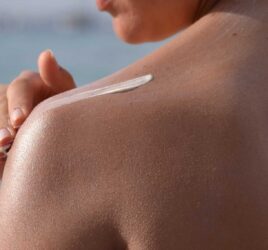
Which Sunscreen Should You Use?
Author: Dr David Shaw, a skin and cosmetic GP at Kingscliff Health medical and allied health centre in Kingscliff, NSW.
I’m often asked this question. Of course, there is a short and a long answer.
The short answer is that the best sunscreen is the one that’s on your skin and applied correctly. An expensive sunscreen will do you no good in your beach bag! So find a product that you are actually prepared to use and apply it 15 minutes prior to sun or water exposure (to allow it to absorb into the surface oil layer of the skin) and reapply at least every 2 hours.
What about the long answer?
Ok, well I use the light blue ALDI squeeze tube (sensitive skin). It has a combination of zinc and chemical UV absorbers but no known hormone disrupters (PABA, methoxycinnamate or paraben preservatives) or the toxic to coral oxybenzone. And it’s cheap so you don’t have to skimp!! I can assure you that it works and it’s not overly greasy. And no, I have no pecuniary interest in Aldi (unfortunately).
You may prefer zinc-only sunscreens so as to avoid any chemical UV absorbers. That’s quite reasonable. The trade-off is that you will either have a nano-particle zinc sunscreen that rubs in reasonably well (such as ‘Invisible Zinc’) or the non-nano zinc products that have that thick white appearance (such as Banana Boat Zinc). There has been plenty of discussion regarding potential problems with nano-zinc products. I’m personally yet to be convinced that there is a problem but sometimes you don’t know what you don’t know!!
There are also some high end products that will be less greasy and pore-clogging and that self-spread to a degree so as to avoid the patchy nature of a typical application. But you will pay for the privilege!
Dr David Shaw is a highly experienced skin and cosmetic GP with areas of interest in dermatology, skin cancer checks, skin cancer surgery, and cosmetic injectables. Book an appointment online with Dr David Shaw or call us on 02 6670 1400.
* The information provided in this article is for educational purposes only and not intended to be a substitute for professional advice. You must consult your doctor before acting on the information in this article, especially if you have concerns regarding health related issues for yourself and your family.



